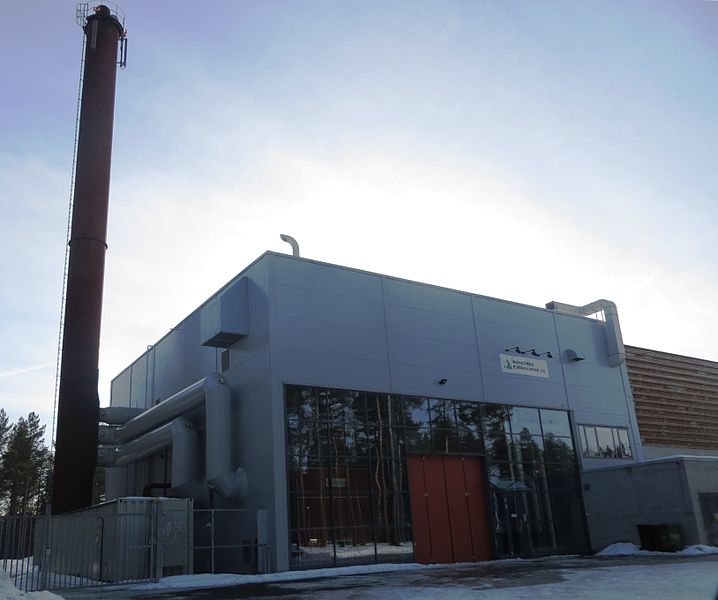Parliament is reviewing a government bill that will mean municipalities will lose 100 percent of their block grants if they choose to withdraw capital that includes interest from their utility supply companies.
At the moment, district heating companies have been able to claim capital costs and interest on their original investment, as well as the costs of energy production and distribution.
READ ALSO: Higher heating costs to affect over 200,000 Danish households
“The broad majority behind this proposal invite district heating companies that have applied for interest on previously-invested capital under the current rules to withdraw their applications to protect consumers from unreasonable price increases,” said the climate and energy minister, Lars Christian Lilleholt.
Cheaper heating and more green growth
“I’m extremely glad we are able to reassure the approximately 1.7 million district heating customers around the country, who will be able to look forward to a cheaper and more effective supply,” added Lilleholt.
Dansk Folkeparti is also optimistic. Mikkel Dencker, the energy spokesperson for DF, said that “for us, it has been a top priority that it should no longer be possible to milk district heating customers. At the same time, we are ensuring there is still a possibility for investment and growth in this sector.”
District heating is seen as one of the cornerstones for future green growth. Ida Auken, the climate and energy spokesperson for Radikale, said that “it has been essential to our party that room has been created for investment in converting to green technology and new technologies, as well as an effectivisation of the sector.”
The agreement means there will be a ceiling placed on how much companies can charge consumers.















